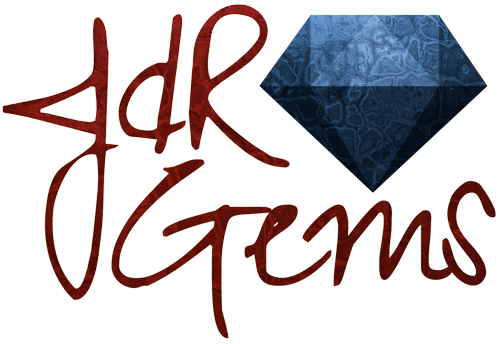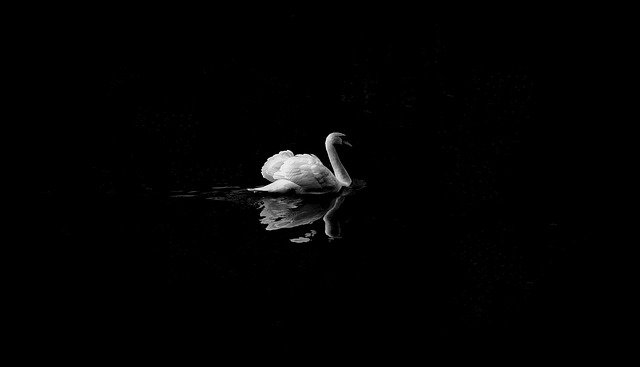Q: When I first heard you speak about taking my death dearly to my heart, I was trembling and it was extremely provoking for me. I have been trying to do that, to embrace it and make it part of me. I know it’s all about letting go and basically being nobody in it. Would you speak more about it?
John: When your death is brought dearly into your heart, your whole relationship with your self ends as you’ve known it, and time, for you, opens.
Q: Time? Can you elaborate on that?
John: Death won’t be later anymore; it isn’t something that comes later. It’s welcomed into you. It opens the levels of life for you instead of life being contextualized through your relationship to your self. The deeper levels of life open together with the deeper levels of your self, allowing you as a being in all of your real levels to become one with your self instead of separate.
Q: Is that why my whole body is feeling wobbly and my brain is not the same?
John: And because you are opening, your brain is opening. That opening creates a dynamic tension in your self. Part of that tension is like a love-excitement and part of it is apprehensiveness and fear.
Q: Apprehensiveness?
John: Nervous and scared.
Q: I don’t feel scared. I don’t feel fear.
John: It’s in your nervous system. You don’t know what it’s like yet to have a nervous system that is without that. You’re used to it.
Q: I am used to having death in my nervous system and now it will disappear because I embraced it.
John: Because of you, as love, letting in the meaning of death so that it’s free to come right into you. It doesn’t separate you from life. It opens you into life. Until death has opened you, you can’t really live. Until it’s opened you, you’ll be relating in life to what you like and what you don’t like. Your relationship to life will be polarized.
The meaning of death is for you to be warmly taken by what is so other than your self, for you to be completely taken by what is beyond your self. It’s all within, and it’s beyond your self. As you let it take you, the beyond, within, will come up into your self and take your self, and it will take your life.
Your body won’t die as this takes place. Your body will open up into all of its levels, altering your whole sense of reality and of life. You will be life from the innermost outwards, and then when your body dies you won’t go through very much change. Everything that you integrate in this opened life as a being remains as you, so then this innermost life that comes all the way out into life is death-proof. It’s the meaning of death that opened it and death isn’t going to close it; it’s already freed.
Q: It seems that I’m getting more alive by dying in this process. It’s really paradoxical.
John: The life of an unintegrated self dies, just as it will when your body dies, and life as a being within the multiple levels of your body, of reality and life, replaces what has died. And when your body dies, all of this continues.
Q: You’ve also said that it takes ten thousand times longer to evolve when you’re dead than when you’re in a body…
John: I don’t know how accurate the number is, but it’s something like that.
Q: A lot more! So we just follow what is here, being here, seeing…
John: And then instead of you being quite a bit the same as this world, you will live in Planet Opportunity.
Q: What do you mean?
John: That’s this planet, for a being in a body.
Q: And after we die?
John: All of the deeper levels of your body remain with you. Most of what your body is stays with you. It’s only the physical aspect, as you relate to it so far, that ends.
What happens next, after your body has died, is you full-on continuing. It’s a little like graduating from school and then entering the rest of life.
Q: Thank you, John.










